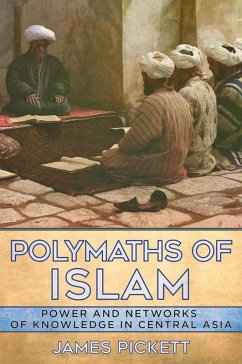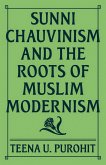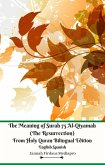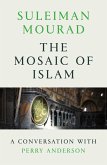Polymaths of Islam analyzes the social and intellectual power of religious leaders who created a shared culture that integrated Central Asia, Iran, and India from the mid-eighteenth century through the early twentieth.
James Pickett demonstrates that Islamic scholars were simultaneously mystics and administrators, judges and occultists, physicians and poets. This integrated understanding of the world of Islamic scholarship unlocks a different way of thinking about transregional exchange networks. Pickett reveals a Persian-language cultural sphere that transcended state boundaries and integrated a spectacularly vibrant Eurasia that is invisible from published sources alone.
Through a high cultural complex that he terms the "Persian cosmopolis" or "Persianate sphere," Pickett argues that an intersection of diverse disciplines shaped geographical trajectories across and between political states. In Polymaths of Islam he paints a comprehensive, colorful, and often contradictory portrait of mosque and state in the age of empire.
James Pickett demonstrates that Islamic scholars were simultaneously mystics and administrators, judges and occultists, physicians and poets. This integrated understanding of the world of Islamic scholarship unlocks a different way of thinking about transregional exchange networks. Pickett reveals a Persian-language cultural sphere that transcended state boundaries and integrated a spectacularly vibrant Eurasia that is invisible from published sources alone.
Through a high cultural complex that he terms the "Persian cosmopolis" or "Persianate sphere," Pickett argues that an intersection of diverse disciplines shaped geographical trajectories across and between political states. In Polymaths of Islam he paints a comprehensive, colorful, and often contradictory portrait of mosque and state in the age of empire.
Dieser Download kann aus rechtlichen Gründen nur mit Rechnungsadresse in A, D ausgeliefert werden.









